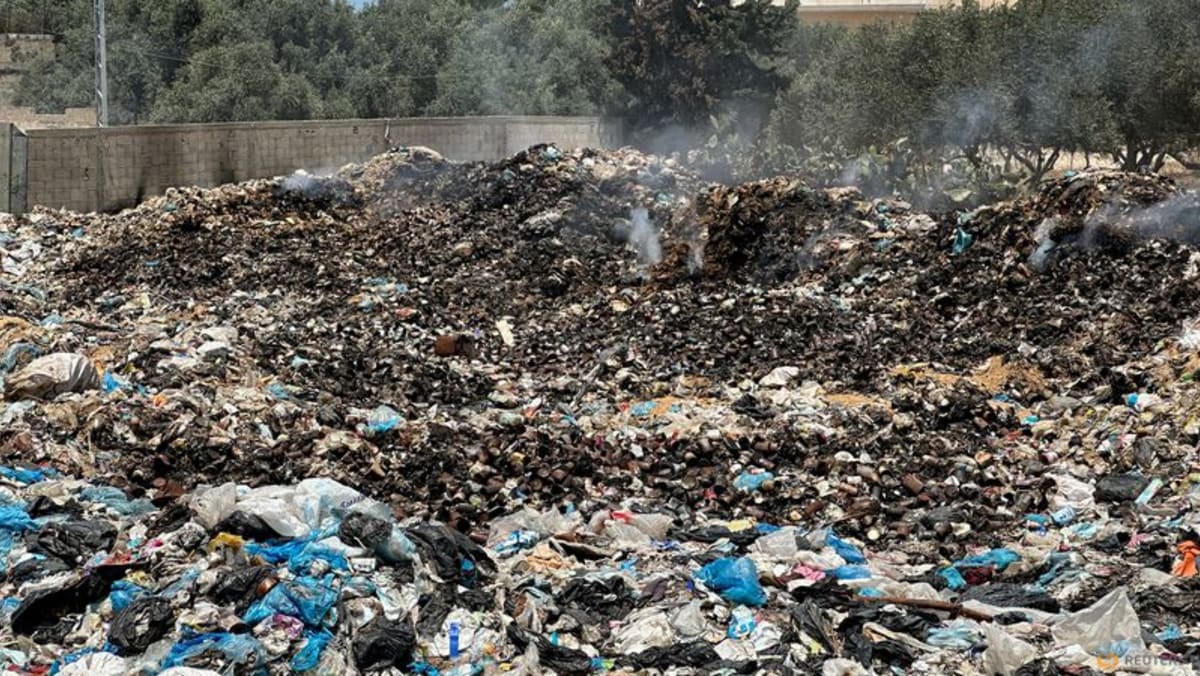Israel has refused repeated requests to allow UNRWA to empty the main landfill sites, she said, meaning temporary ones are emerging, she added. Even if permission is granted, Wateridge said UNRWA’s humanitarian missions such as trash collection have all but halted due to Israeli refusals to allow fuel imports.
Israel’s COGAT, a branch of the military tasked with coordinating aid deliveries into Palestinian territories, did not immediately respond to a request for comment.
Israel, which launched its Gaza military operation after deadly Hamas attacks on southern Israel on Oct 7, says it has expanded efforts to facilitate aid flows into Gaza and blames aid agencies for distribution problems inside the enclave. It controls fuel shipments into Gaza and has long maintained that there is a risk they are diverted to Hamas.
The World Health Organization’s Tarik Jašarević said the trash, along with the rising heat, a lack of clean drinking water and sanitation services, was adding to disease risks.
“It can lead to a number of communicable diseases appearing,” he said, mentioning that around 470,000 cases of diarrhea have been reported since the start of the war.
Wateridge, who arrived back in Gaza on Thursday after a four-week absence, said the situation had deteriorated significantly. She described the living conditions as “unbearable” with people sweltering under plastic sheets and cowering in bombed-out buildings


















.png)


Discussion about this post